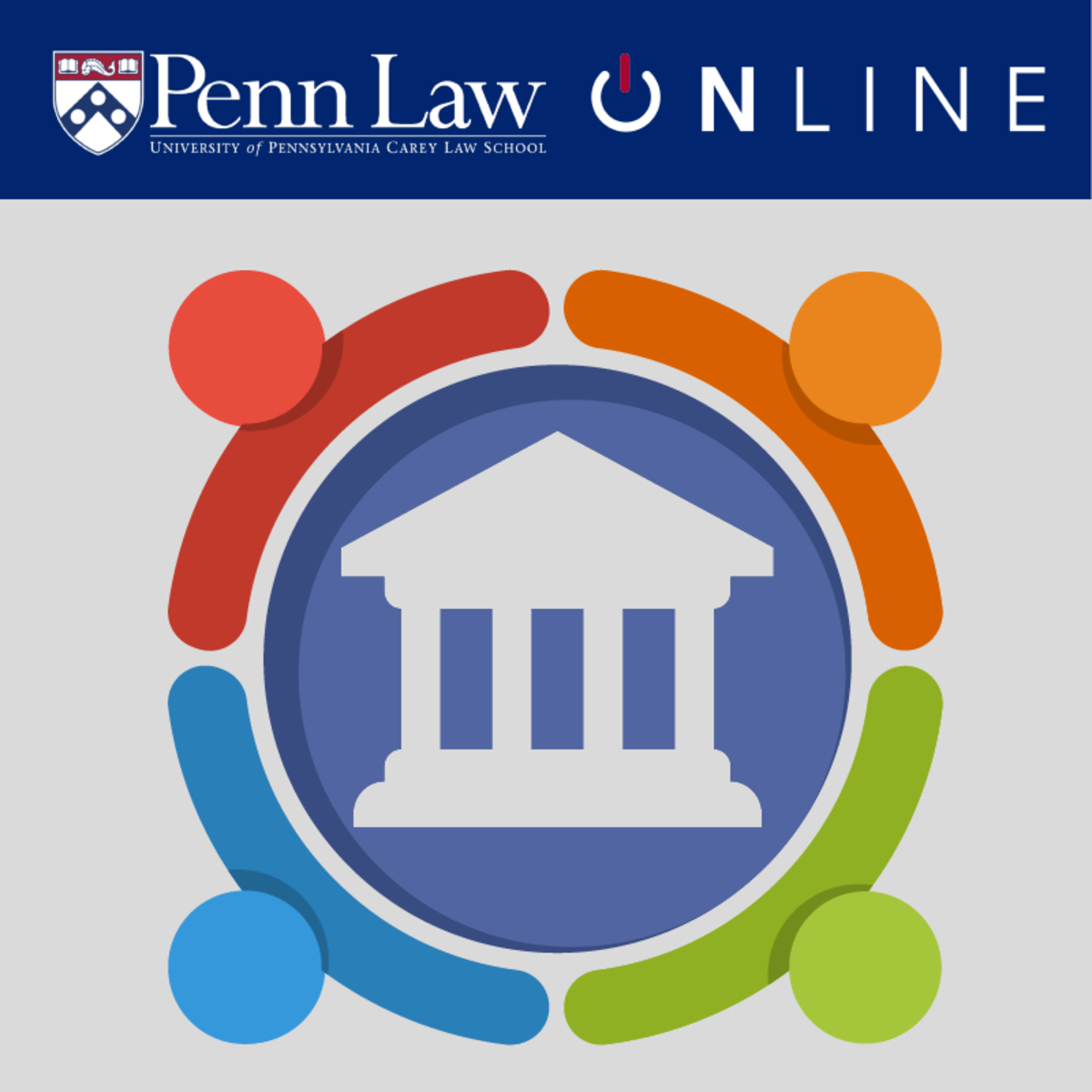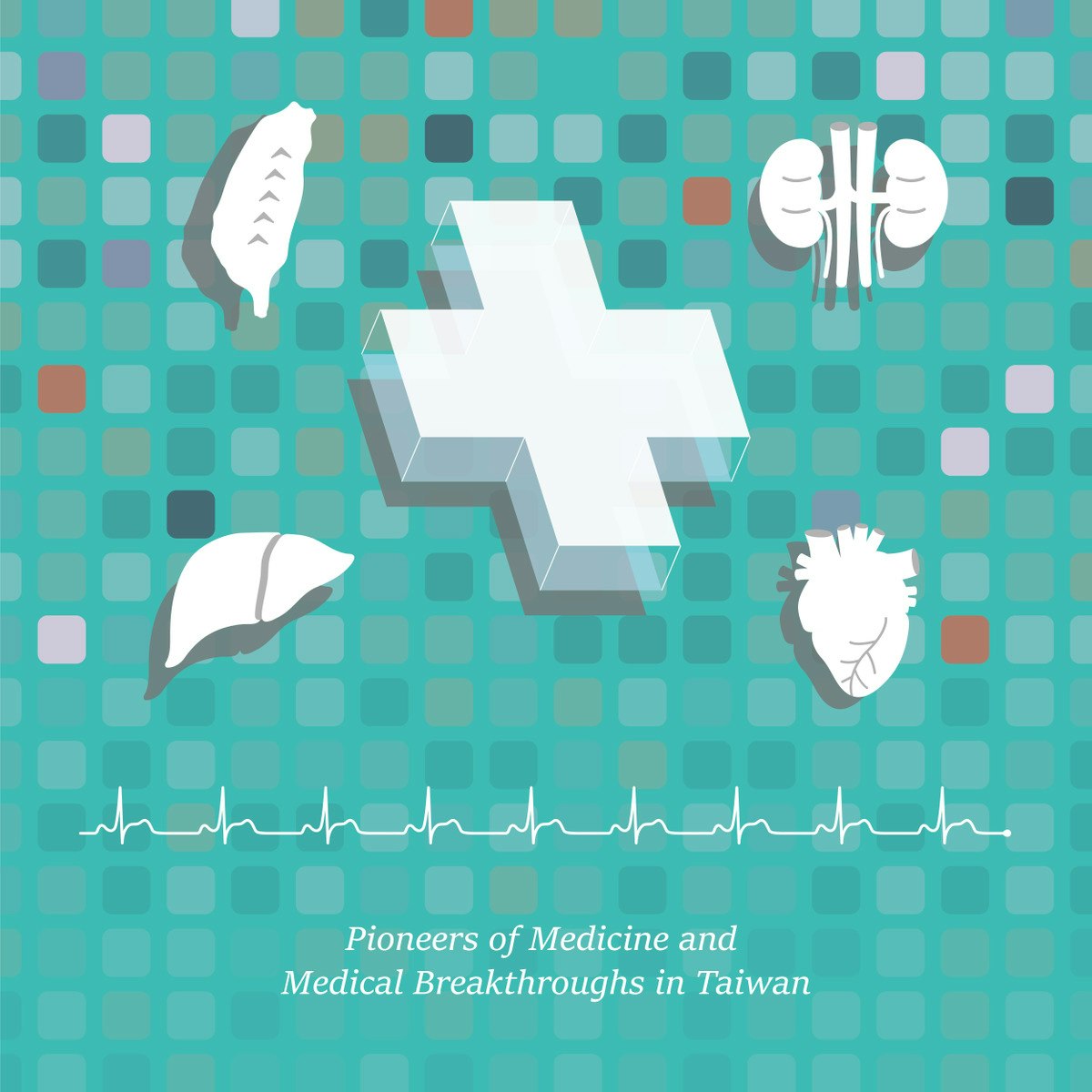Back to Courses









Healthcare Management Courses - Page 3
Showing results 21-30 of 64

U.S. Health Law Fundamentals
This course explores how statutes, regulations, common law, and market forces help or hinder three major goals of policy makers: increasing access, reducing cost, and improving quality. We will examine the Supreme Court’s rulings on the ACA and other legal aspects of modern health care reform. Learners who successfully complete this course will be able to describe the laws, regulations, common law and market forces that shape our health care system and identify areas where ideas and innovation are needed; explain the malpractice system and how it influences medical practice; and analyze legal aspects of the ACA.

Pioneers of Medicine and Medical Breakthroughs in Taiwan
Through ages, doctors and scientists have worked hard to fight against different diseases, but it is not easy to find the effective way to deal with them. However, it is a lot faster and easier to approach new problems nowadays with the help of past experience and modern technology. In this course, we are going to show you some common diseases and its current management. At the same time, we will also show you how modern medicine has developed and what breakthroughs are specially made in Taiwan.

Healthcare Organizations and the Health System
Have you ever been in a healthcare waiting room and thought about how the organization could be more efficient? For example, have you found yourself thinking about how to reduce the amount of time spent waiting? Or do you work in a healthcare organization and find yourself thinking about how to improve the organization? If you have, this course is for you. Course content includes an overview of healthcare organizations, their administration and management, and their governance.
The course provides links to external sites to connect you to the larger "real world" of healthcare organizations. The links also serve as resources you can take with you after you complete the course experience. And because everyone loves a road trip/field trip, there are also "virtual field trips" to the often hidden places of interest on the web.
The course format is readings, videos, quizzes, and an electronic poster project. The poster project requires you to synthesize course material to design a healthcare organization and governance structure the way you would have things run in the best of all worlds. The electronic poster file is an artifact of the course which you can circulate to colleagues or use for a talk or presentation event.
Evaluating the Quality of Healthcare Delivery
In this course, you will have the opportunity to learn about the great progress that has been made in measuring and evaluating quality of care. We will discuss key concepts and methods. You will also learn about how to use websites for comparing the quality of healthcare providers. The course content is intended for a wide range of participants – for example, people who have a general interest in quality of care, consumers seeking information about how to choose a provider for themselves or family members, or leaders of business organizations who are responsible for employee health insurance benefits and network of providers.
By the end of this course, the learner should be able to:
1. Explain key developments regarding how quality of care is measured and evaluated in the US.
2. Articulate basic framework for evaluating quality of outcomes of care including types of and criteria for selecting quality measures for evaluating and comparing providers.
3. Discuss scientific issues and challenges for evaluating quality of care and methods for addressing these challenges.
4. Identify and apply resources and tools for comparing the quality of care of providers.

Population Health: Alternative Payment Models
The way we currently pay our care providers lead to suboptimal outcomes and unnecessary spending. Consequently, we fail to maximize the value of our health care services. We need to change provider payment models in order to keep health care systems financial sustainability. Doing nothing is not an option. But the question is, how do we do it?
During this course, we will discuss the rationale for payment reforms and dive into the key design elements of Alternative Payment Models (APMs) and how they change care provider incentives. You will learn about a roadmap to design and implement APMs on your own. You will learn about behavioural economics and human behaviour which are essential to advance the design and implementation of APMs. After the course you can apply your sharpened skills to lead change in health care via innovative payment models in order to increase value of health care services.
This course is targeted at a variety of professionals in the healthcare sector in order to realise a common language. Are you a provider, board member, working at a public or private payer or researcher working in the health sector, this course is relevant for you!
This Course is part of the to-be-developed Leiden University master program Population Health Management. If you wish to find out more about this program see the last reading of this Course!

Foundations of Public Health Practice: The Public Health Toolkit
The Foundations of Public Health Practice: The Public Health Toolkit builds on public health thinking (introduced in the previous course) and introduces a variety of core public health approaches (the toolkit) to conceptualising problems, conducting analysis and bringing forward recommendations. In this course we cover health needs assessment, evaluation and public health intelligence-approaches.

Population Health: Panel Management Next Level
How can you, as a healthcare professional, identify patients that share the same risk of an adverse event? How do you transform your healthcare practice in such a way that you are not only able to provide proactive care but you are also able to improve the health of populations at risk?
In this course you will learn how to apply the panel management approach to tackle these questions in order to change from reactive to proactive care.
You will learn how to empanel (patient)groups that share the same risk and how you can allocate the appropriate intervention to each panel of patients. From there you will dive into ways to transform current workflows for optimal in-reach and out-reach care both at the cultural and behavioral change level. As a final step you will learn how to evaluate both effectiveness and process based on the triple aim. This will give you insight into what can be improved in the next panel management cycle.
This course will help you gain an understanding of the panel management approach and enable you to change from reactive to proactive care.
This course is part of the Leiden University Master Programme Population Health Management. If you wish to find out more about this programme check-out the course Fundamentals of Population Health Management at: https://www.coursera.org/learn/fundamentals-population-health-management

Fixing Healthcare Delivery
Isn’t it time to end the loss of life from preventable medical errors?
Each year 100,000 patients die from preventable errors in the U.S. How can you help to change this intractable problem? Knowledge is power, and this course will provide you with a deep understanding of the problems and the solutions. You can become part of the solution.

Essentials in Clinical Simulations Across the Health Professions
This 7-week course provides you with key strategies to help understand the foundation of Clinical Simulations. During each module, you will learn about 7 key components of Clinical Simulation Across the Health Professions and its' impact in your current position as a healthcare professional. Please utilize all of the Resources provided by each of the modules to support and enhance your understanding of each concept. You will learn about the following topics in this course:
Module 1: Getting Started in Clinical Simulation-the Fundamentals
Module 2: INACSL Standards of Best Practice: Simulation
Module 3: Implementing Simulation in the Curriculum
Module 4: Developing a Simulation Center
Module 5: Basics of Debriefing in Simulation
Module 6: Evaluation Methods in Simulation
Module 7: SPs in Simulation
About The George Washington University School of Nursing
Ranked among the top nursing schools by U.S. News & World Report, the George Washington University School of Nursing educates and inspires nurses to provide high-quality, compassionate person-centered health care. The school develops leaders actively engaged in health promotion, patient advocacy and healthcare innovation, and prepares exceptional nurse educators who pursue quality and advance the profession. The School of Nursing is committed to improving the health and wellbeing of people and communities locally, nationally and globally. The school values lifelong learning and its students advance nursing practice, leadership and education as they make a difference in the world.
For more in-depth simulation education, please see the GW Nursing Simulation Initiatives.
https://nursing.gwu.edu/gw-nursing-simulation-initiatives
Healthcare Consumerism and Implication for Care Delivery
In this course we will examine the changing role of the consumer in healthcare. Consumers are asking for more accountability in how healthcare is delivered and paid for. Healthcare professionals must make sure that they are delivering high quality, personalized care.
Some of the topics we'll cover are: the healthcare ecosystem, new technologies in healthcare, the development of new payment models, change management in healthcare, data analytics.
By the end of this course, you will be able to:
1. Explain the new role of consumers in healthcare delivery in order to respond to the demands in this changing industry
2. Identify the key players in the healthcare ecosystem
3. Describe how the healthcare system operates and its impact on consumer-driven healthcare.
4. Articulate the challenges facing consumers and providers in order to find potential solutions for these challenges.
Popular Internships and Jobs by Categories
Find Jobs & Internships
Browse
© 2024 BoostGrad | All rights reserved